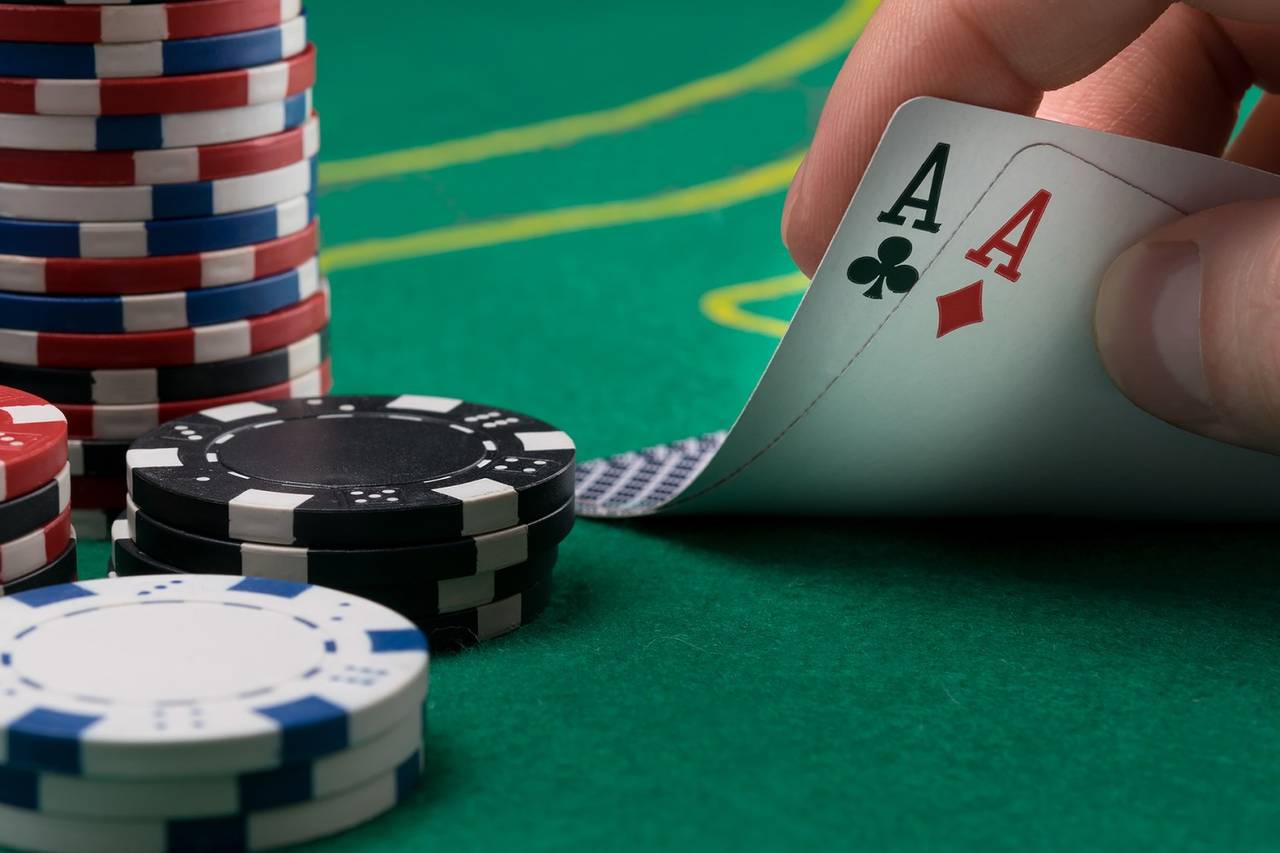You can only go so far in a poker game with a decent hand.
If you just play one side of the game of poker, you are missing out on a lot of fun.
As a new player, it may seem logical to go cautiously, but this is not the proper strategy.
If you are a skilled player, you will constantly be looking for ways to earn money, and bluffing is one of those methods.
Now, you can play poker online on xoslot.
Bluffing: What Is It and How Do You Do It?
In poker, bluffing is the process of tricking your opponent into thinking they have a better hand than you do.
In other words, it is the complete antithesis of a value wager.
- The idea is to be called by an inferior hand while betting for value.
- Bluffing involves placing a wager in the hopes that your opponent will call because you have a stronger hand.
Four Forms Of Bluffing:

In poker, there are many kinds of bluffs, and any given scenario may fall into more than one category.
Bluffing the Next Bet:
With this wager, you are betting that your opponent will not make a connection with the board.
Bluffing a Little:
This is a wager made when your hand is poor, if not completely devoid of showdown value.
However, you have a reasonable possibility of making a good hand.
Draws such as flushes and straights are examples.
Absolute Bluffing with No Equity:
You have virtually little chance of upgrading to the best hand when you bluff like this.
Therefore, the only way to demonstrate a profit is to have a lot of fold equity.
Bluffing when It Is Convenient for You:
When no one else in the hand has shown any interest in the pot, this is a good time to bluff.
If no one else is expected to have a good hand, you should anticipate this wager to pay off often enough to make a profit.
What Is the Point of Poker Bluffing?
Betting for value has the same concept as bluffing: it is a chance to place a lucrative wager.
In addition, if your entire approach is based only on betting when you have a good hand, you will be an easy mark for your opponents.
This is a common blunder made by novice players.
- Many new players play too aggressively, bluffing far too much in the process.
- It is also possible that they are playing too passively—not using enough bluffing strategies.
- You may get away with making these mistakes at low stakes, but you will be heavily penalized when playing against competent opponents.
When Deciding Whether or Not to Bluff, Keep These Three Things in Mind:
There are a few things to think about before placing a wager that may end up costing you money, just as with any other kind of wager.
You Are up Against This Person:
Who you are up against is the single most essential consideration when formulating your game strategy.
It is also not as easy as believing we can never bluff them if they do not enjoy folding.
Every player has certain habits that may be exploited at some time in the game.
Size of The Wager:
The amount of your stake should be considered while making a bluff.
To earn a profit, a smaller size does not need as many folds as a bigger one, although the sweet spot is not always obvious.
How Many Wagers Will It Take to Complete the Task?
The odds are against you because of your opponent’s habits.
This is where your sense of risk-tolerance comes into play.
Also Read: Tips to Know Before Betting on Sports
Bottom Line:
To be successful in bluffing, you have to know when and when to use it.
However, newcomers are prone to bluffing excessively.
Before attempting a bluff, make sure you have thought about everything you have learned in this tutorial.

